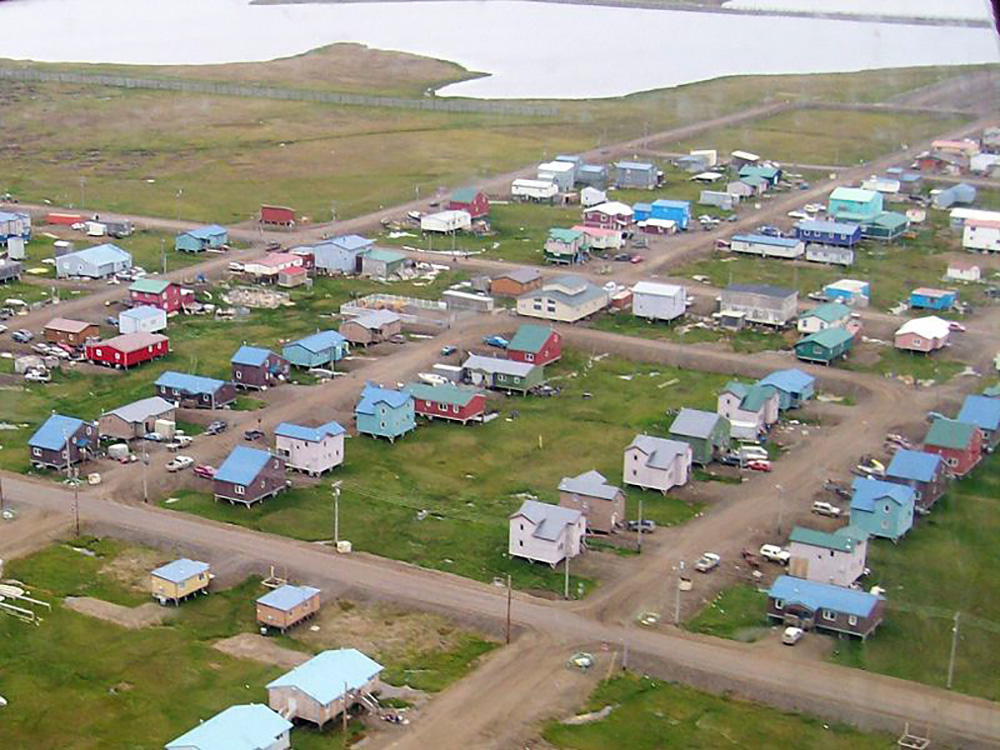A multi-disciplinary team at NWCPHP working with practice partners in four states will embark on SHARE-NW. SHARE-NW is a five-year project to identify, gather, and visualize data with public health leaders to more effectively address rural health disparities and achieve health equity in Washington, Oregon, Idaho, and Alaska.
Visit the SHARE-NW website, launched August 2021.
Rural communities in Washington, Oregon, Idaho, and Alaska face high poverty and are home to large populations of Alaska Native, Native American, Latino, and other residents who are often marginalized and impacted by health disparities. Their plight is compounded by significant barriers faced by local public health leaders in accessing and using relevant data that would support evidence-driven decision-making and priority setting to promote health equity in their communities.
SHARE-NW: Solutions in Health Analytics for Rural Equity across the Northwest (SHARE-NW), a multi partner collaboration guided by a region-wide Equity Advisory Committee, will work with local and state public health leaders to increase the availability of, access to, and use of data that reflect the complex underlying social conditions that impact health in the region’s rural areas.
NWCPHP researchers will identify and pull together disparate data types into meaningful resources that maximize understanding of where disparities exist, what’s being done, and what can be improved to achieve health equity in the 73 rural health jurisdictions within the four-state region.
Specific project aims include:
- Provide data to support local and state decision-making about resource allocation for prevention activities to reduce specifically identified health disparities affecting rural communities.
- Improve public health practitioners’ access to data to support prevention service planning to promote health equity for rural populations.
- Build capacity among rural practice partners for data use and data-driven decision making to improve health and address disparities in their communities.
This five-year project is supported by a grant (#1 CPIMP171144-01-00) from the US Department of Health and Human Services Office of Minority Health.
